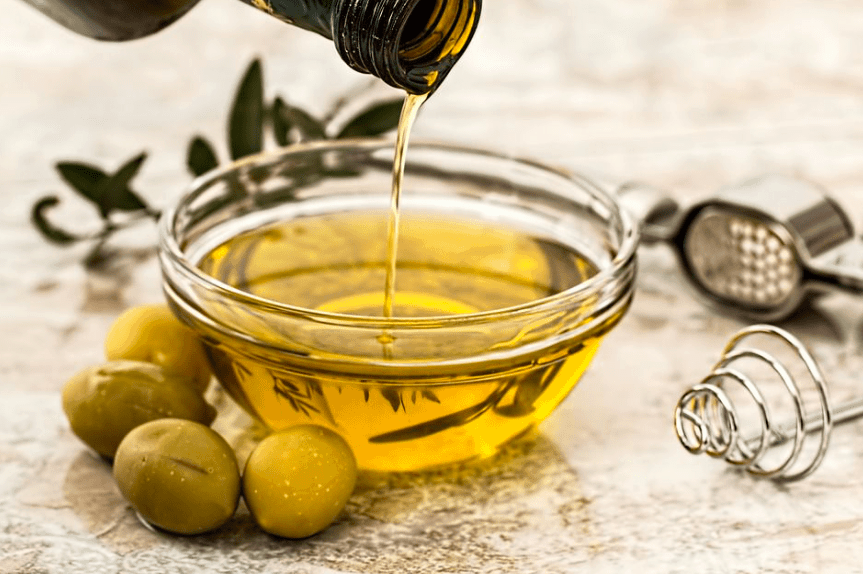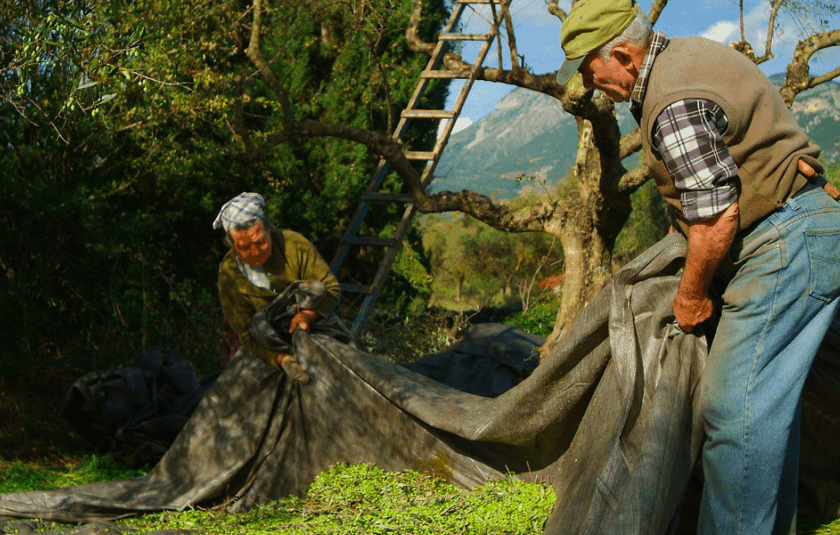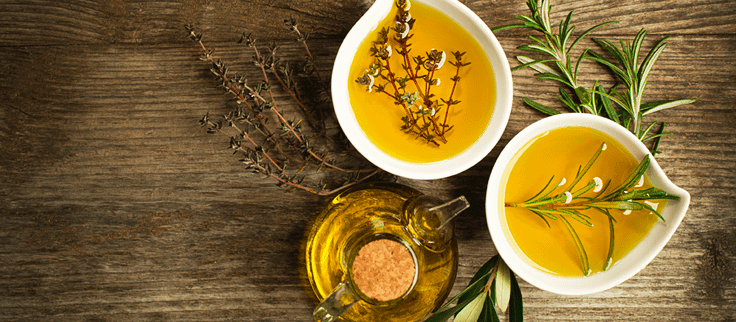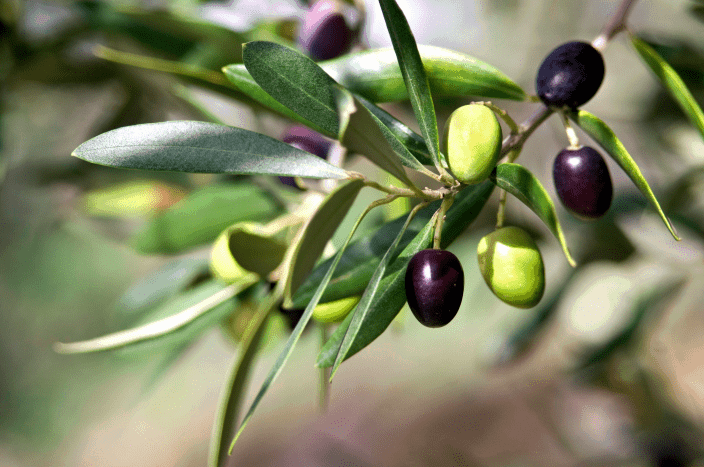You can’t think of Greece without thinking of its olive oil, or “liquid gold” as it is often described. Landscapes blanketed in endless olive groves reflecting silver-green in the sunlight, where trees born hundreds of years ago stand snarled and proud, are a characteristic image of a country known for its exemplary diet, chiefly owing to this incredible ingredient.

You can’t think of Greece without thinking of its olive oil, or “liquid gold” as it is often described. Landscapes blanketed in endless olive groves reflecting silver-green in the sunlight, where trees born hundreds of years ago stand snarled and proud, are a characteristic image of a country known for its exemplary diet, chiefly owing to this incredible ingredient.
Odysseus Elytis, who was awarded the Nobel Prize in Literature in 1979, wrote: “If you take Greece apart, in the end, you will be left with an olive tree, a vineyard and a boat,” which means that with these items, you can rebuild Greece. Although olive oil is produced in Crete, the Peloponnese and especially Kalamata are the most famous for their excellent quality produce. You’ll find some high-quality (cold-pressed and extra virgin) oils everywhere throughout the country.
Its cultivation and use as a key dietary staple with magnificent health-giving properties date back thousands of years. In Greek mythology, the olive tree was Athena’s gift to Attica, symbolising peace and fruitfulness.
When I lived on an organic olive farm in the Peloponnese for a few months, I enjoyed the cool, calming energy that came from walking through the groves daily and also savoured the olive’s physical attributes—using extra virgin olive oil not only in cooking but also as a skin balm, just as my ancient ancestors did!
Meanwhile, nothing replaced the dreamy indulgence in early winter of visiting the local olive press with a warm hunk of bread and juicy, freshly picked lemons to sample the ‘agourelaio’ – a fruity, gleaming baby-green oil made from unripe olives, which produces a delicate heat at the back of the throat (this cold-pressed oil is considered the healthiest kind as it is pressed at the lowest temperatures).

There are multiple health benefits to introducing olive oil into your daily diet, and extensive research has repeatedly proven that the antioxidant monounsaturated fatty acids in olive oil (the most key of which is oleic acid) guard the human organism against oxidative stress or radical damage.
Greece’s liquid gold has been shown to offer some of the greatest advantages for dealing with high-stress, high-toxin modern-day life – it prevents cardiovascular diseases, helps keep cancer at bay, prevents osteoporosis by helping bone re-mineralisation, lowers cholesterol, reduces cognitive decline (such as Alzheimer’s disease), keeps blood pressure regulated, supports brain health and helps to balance hormones. To reap the benefits of olive oil, one needs to consume at least four tablespoons a day, which in Greece is equivalent to one Greek salad!

Interesting Facts:
MUSEUM-WORTHY: The millennia-old, fascinating history of olive oil is impressively showcased at the Museum of Olive Oil in Sparta, Peloponnese. The museum shows the integral role that this precious product has had on the country’s history, politics, mythology, economy and healing realms. The exhibits include fossilised olive leaves, 50,000-60,000 years old, that were found on Santorini.
HELLO DARKNESS, MY OLD FRIEND: Light and air are olive oil’s greatest foes. Opt for oil in opaque or dark bottles and keep them in a cool, shady, or dark space, ideally at a temperature of around 16 degrees C. Also, try not to heat olive oil too much when cooking—the ideal is to add most of it after cooking.
MATTER OF TASTE: During a visit to Athens, arranging a lovely and educational olive oil tasting session or workshop is easy. At Yoleni’s Flagship Store in Athens, you’ll find the Olive Oil Bar owned by Gaia, where you can attend a tasting seminar that includes tasty nibbles.

There are many sophisticated designer Greek olive oils on the world market, with Lamda by Speiron being the most expensive, at between $80 and $200 (unless you prefer the 18k gold-plated bespoke bottle, at around $17,000).

